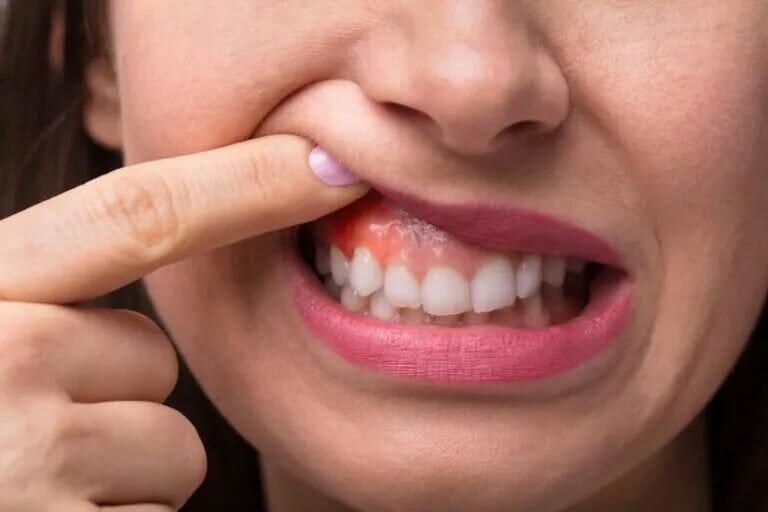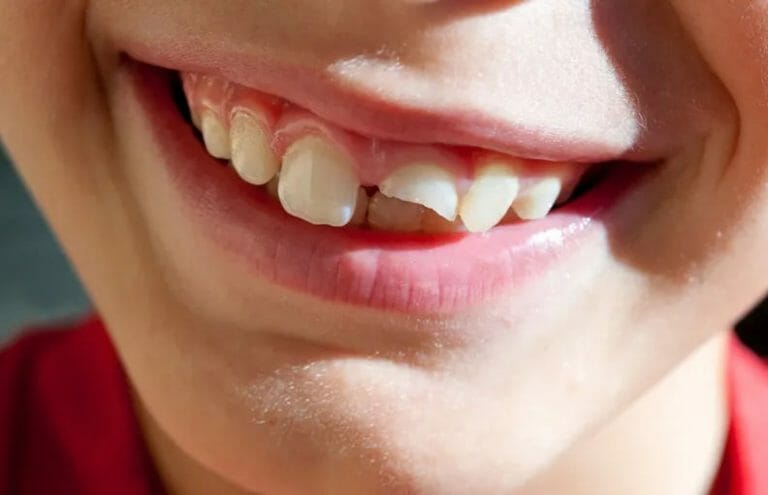At Enamel Republic, we provide emergency dental services in Kitchener. If you are experiencing a dental emergency and need to see an Emergency Dentist in the Kitchener-Waterloo area, call our office and we will make every effort to see you on a same-day basis. We have included helpful information below to help you in managing any dental emergency until you are able to be seen by the Dentist.
Toothache Causes
If you are experiencing spontaneous tooth sensitivity to pressure, hot, cold, sweet, and/or acidic stimuli (and it is unrelated to recent treatment) you should arrange for an assessment with our office. Following placement of fillings, crowns, or bridges it can often take 1-4 weeks for these symptoms to gradually diminish and this process is entirely normal. Sensitivity to hot, cold, sweet and or acidic stimuli can indicate the presence of a cavity or a leaking filling/restoration. If this is the case, treatment will be required to eliminate symptoms. In some situations, sensitivity is due to gum recession and an exposed root surface. In these instances, treatment might not be required and your symptoms may be resolved by the application of anti-sensitivity toothpastes. Pressure sensitivity or toothache can often be related to presence of a tooth- or gum-related infection/abscess. Occasionally, these symptoms are associated with bruxing or grinding of teeth during daytime or nighttime. Please contact our office to have your symptoms assessed so that we can help to make you comfortable again.
Toothache Help
Tip: If you have a broken tooth or open cavity that is sensitive to hot/cold or is throbbing spontaneously you can use oil of cloves or “clove oil” to provide pain relief. Simply soak a small cotton pellet or cotton swab end in the oil and hold in contact with the open cavity or fractured/broken site for 5-10 minutes. You should begin to experience relief following 3-4 minutes of contact. Do not use if you have a history of allergy to cloves or foods within the clove family.
Book a consult to address your Dental Emergency with Dr. Kyle Hornby now. Call at (519)-576-8160 Or Schedule Your Appointment Online.

Localized swelling of soft tissues is commonly associated with odontogenic (tooth-related) or periodontal (gum-related) infection. Tooth-related infection or an “abscessed tooth” typically manifests as a “gum boil”, “bump”, or “gum pimple”. This is often accompanied by dull, intense biting pain or discomfort. Sometimes the patient will feel intense pressure in their jaw under the affected tooth.
Emergent, non-definitive, treatment involves a regimen of prescription antibiotics. Definitive treatment of tooth-related infection involves root canal treatment or extraction of the affected tooth. In the event that you experience a larger swelling expanding toward the eye (from an upper tooth) or under the jaw or around the throat (from a lower tooth), go directly to the emergency department at your local hospital as intravenous antibiotics are likely to be required.
Tip: If the swollen area has formed a “gum pimple” and you are unable to see a dentist immediately, you can attempt to break the pimple and encourage drainage with a mild pinch. Often, the “gum pimple” is already draining pus and light pressure will encourage further drainage. The main risk with tooth- or gum-related infections and swellings is that they are not allowed to drain and continue to grow in size and advance in depth over time.
Broken or Detached Orthodontic Wires, Brackets or Retainers
In the event that you experience a broken or detached orthodontic wire or bracket, you are at risk of minor soft tissue (tongue or cheek) injury. Call our office as re-bonding of brackets and retainer wires is a short and simple procedure.
Tip: In the interim, you can purchase orthodontic wax at any major pharmacy (call in advance to ensure they have it in stock) – form a small ball with the wax and place over any sharp exposed contours to “blunt” them and minimize risk of soft tissue trauma.
De-bonded Crown or Bridge
When a dental bridge or crown falls of due to failure of the bonding or cement, it might be restorable. When the prosthesis comes off with all of the supporting tooth structure intact, typically all that is necessary is for the crown or bridge to be re-bonded. This is a favorable situation. If this is the case, your crown or bridge will look hollow inside.
Occasionally, the crown or bridge comes off with a significant portion of the supporting tooth stuck inside the crown. This is referred to as a “loss of core structure”. This is an unfavorable situation. In this case, your crown or bridge will look “full inside”. This is because the retaining tooth has fractured at or near the gumline and the core structure is lost inside the crown. Treatment usually necessitates a re-build of the core or retaining tooth and fabrication of a new crown or bridge. Occasionally, the retaining tooth or teeth are unsalvageable and may need extraction followed by a different restorative treatment.
Tip: Place your de-bonded crown or bridge in a closed storage container or Ziploc bag and bring to your emergency dental appointment. There is a chance that it can be simply re-bonded to your tooth. Don’t assume anything and definitely do not throw your crown or bridge in the garbage!
Broken or Fractured Tooth

In most cases, broken or fractured teeth can be repaired by a simple filling or crown. Less frequently, teeth may break near to or exposing the dental pulp or nerve and root canal treatment may be required. Rarely, a fracture extends through the entire tooth or deep under the gumline rendering the tooth unrestorable or “un-fixable” and will require extraction. Until treatment can be completed, discomfort can be minimized by chewing away from the affected tooth and avoiding temperature extremes. Even though your broken tooth might not be uncomfortable, do not defer consultation or treatment as prolonged exposure of the tooth’s interior may result in severe infection.
Tip: If you have a broken tooth or open cavity that is sensitive to hot/cold or is throbbing spontaneously you can use oil of cloves or “clove oil” to provide pain relief. Simply soak a small cotton pellet or cotton swab end in the oil and hold in contact with the open cavity or fractured/broken site for 5-10 minutes. You should begin to experience relief following 3-4 minutes of contact. Do not use if you have a history of allergy to cloves or foods within the clove family.
Tooth Trauma or Lost Tooth
Sometimes teeth receive high impact trauma during sports, falls, etc,. This is especially common in children during early walking stages. When a child receives a traumatic blow to the teeth, an immediate dental examination is required. Often, a mobile or loose tooth will be splinted to allow healing. When a baby tooth is lost during trauma it should not be replanted in the socket as this could lead to ankylosis, a process by which bone heals directly against the tooth root. This can lead to complications when the baby tooth is due to exfoliate or fall out.
When an adult tooth receives a traumatic blow and is loosened, splinting will provide stabilization so that the gums and periodontal ligament can heal properly around the tooth’s root. Occasionally, a root canal treatment is required should an abscess form around the root of the tooth. You should avoid biting and/or chewing of food with the traumatized tooth/teeth. Where an adult tooth is knocked out of its socket, there is a chance that it can be successfully replanted in a cleaned and sterile socket. Your dentist will evaluate the likelihood of success with replantation.
Tip: Rinse the tooth thoroughly, and place in a sealed container of either Ringer’s Lactate or Ringer’s Saline solution, Milk, or Tender Coconut Water. Call our office immediately. Bring the tooth stored in this way to your dental appointment with us. We will evaluate the prognosis for replantation. Prior to replantation, Dr. Hornby will properly clean, debride and sterilize the tooth socket to maximize the success of replantation.
NOTE: All information above is meant as a supplement to specific diagnosis and advice to be dispensed by your Family Dentist. The information should not be used or applied in place of proper examination and treatment planning with your Emergency Dentist in Kitchener.
Schedule an Appointment Now
Service
Routine Dentistry & Tooth Repair
Oral Surgery & Tooth Removal
Prosthetic Dentistry & Tooth Replacement
Protective/Preventive Services
Teeth Whitening

OFFICE HOURS